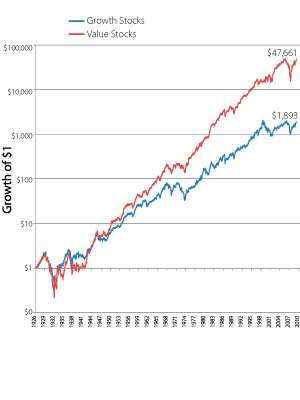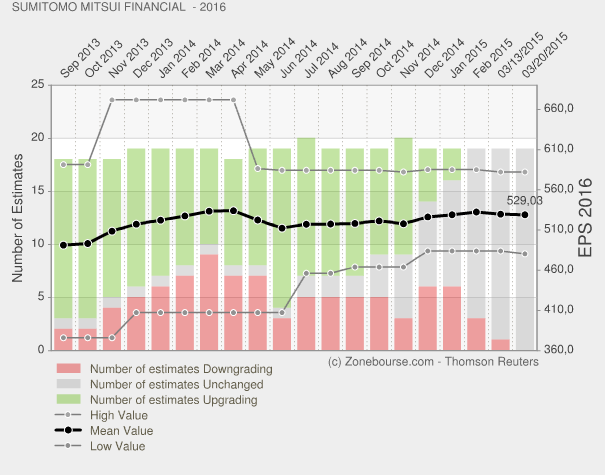Alpha (investment) Wikipedia the free encyclopedia
Post on: 16 Март, 2015 No Comment

Contents
§ Definition [ edit ]
The alpha coefficient () is a parameter in the capital asset pricing model (CAPM). It is the intercept of the security characteristic line (SCL), that is, the coefficient of the constant in a market model regression.
It can be shown that in an efficient market. the expected value of the alpha coefficient is zero. Therefore the alpha coefficient indicates how an investment has performed after accounting for the risk it involved:
- : the investment has earned too little for its risk (or, was too risky for the return)
- : the investment has earned a return adequate for the risk taken
- : the investment has a return in excess of the reward for the assumed risk

For instance, although a return of 20% may appear good, the investment can still have a negative alpha if it’s involved in an excessively risky position.
§ Origin of the concept [ edit ]
A belief in efficient markets spawned the creation of market capitalization weighted index funds that seek to replicate the performance of investing in an entire market in the weights that each of the equity securities comprises in the overall market. [ citation needed ] The best examples for the US are the S&P 500 and the Wilshire 5000 which approximately represent the 500 most widely held equities and the largest 5000 securities respectively, accounting for approximately 80%+ and 99%+ of the total market capitalization of the US market as a whole.
In fact, to many investors, [ citation needed ] this phenomenon created a new standard of performance that must be matched: an investment manager should not only avoid losing money for the client and should make a certain amount of money, but in fact should make more money than the passive strategy of investing in everything equally (since this strategy appeared to be statistically more likely to be successful than the strategy of any one investment manager). The name for the additional return above the expected return of the beta adjusted return of the market is called Alpha.
§ Relation to beta [ edit ]
Besides an investment manager simply making more money than a passive strategy, there is another issue: although the strategy of investing in every stock appeared to perform better than 75 percent of investment managers (see index fund ), the price of the stock market as a whole fluctuates up and down, and could be on a downward decline for many years before returning to its previous price.
The passive strategy appeared to generate the market-beating return over periods of 10 years or more. This strategy may be risky for those who feel they might need to withdraw their money before a 10-year holding period, for example. Thus investment managers who employ a strategy which is less likely to lose money in a particular year are often chosen by those investors who feel that they might need to withdraw their money sooner.
Investors can use both alpha and beta to judge a manager’s performance. If the manager has had a high alpha, but also a high beta, investors might not find that acceptable, because of the chance they might have to withdraw their money when the investment is doing poorly.
These concepts not only apply to investment managers, but to any kind of investment.














